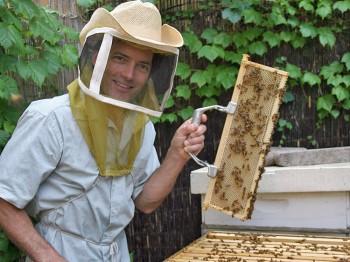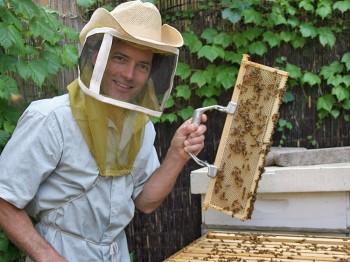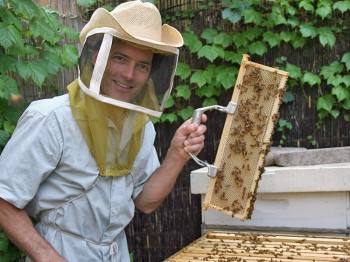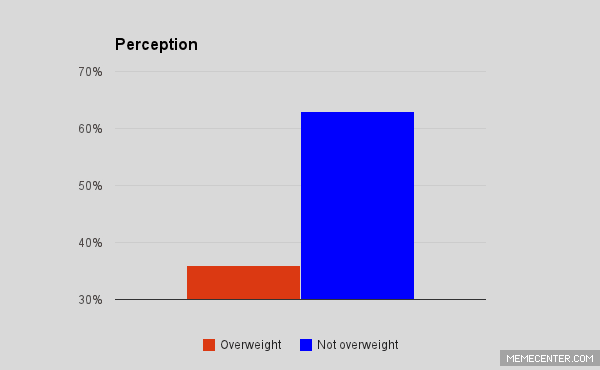This Is New York: Michael Beaman, The Brooklyn Bee Czar
Beekeeper Michael Beaman’s left hand is swollen. He has recently received a few emergency calls to remove swarms of bees around the city. Getting stung is just sometimes part of the job.

HONEY TIME: Michal Beaman with his beehives in his backyard in Brooklyn. Honey from his three hives 'Three Sisters Honey' is on sale at a handful of stores in Brooklyn. Gidon Belmaker/The Epoch Times
|Updated:





